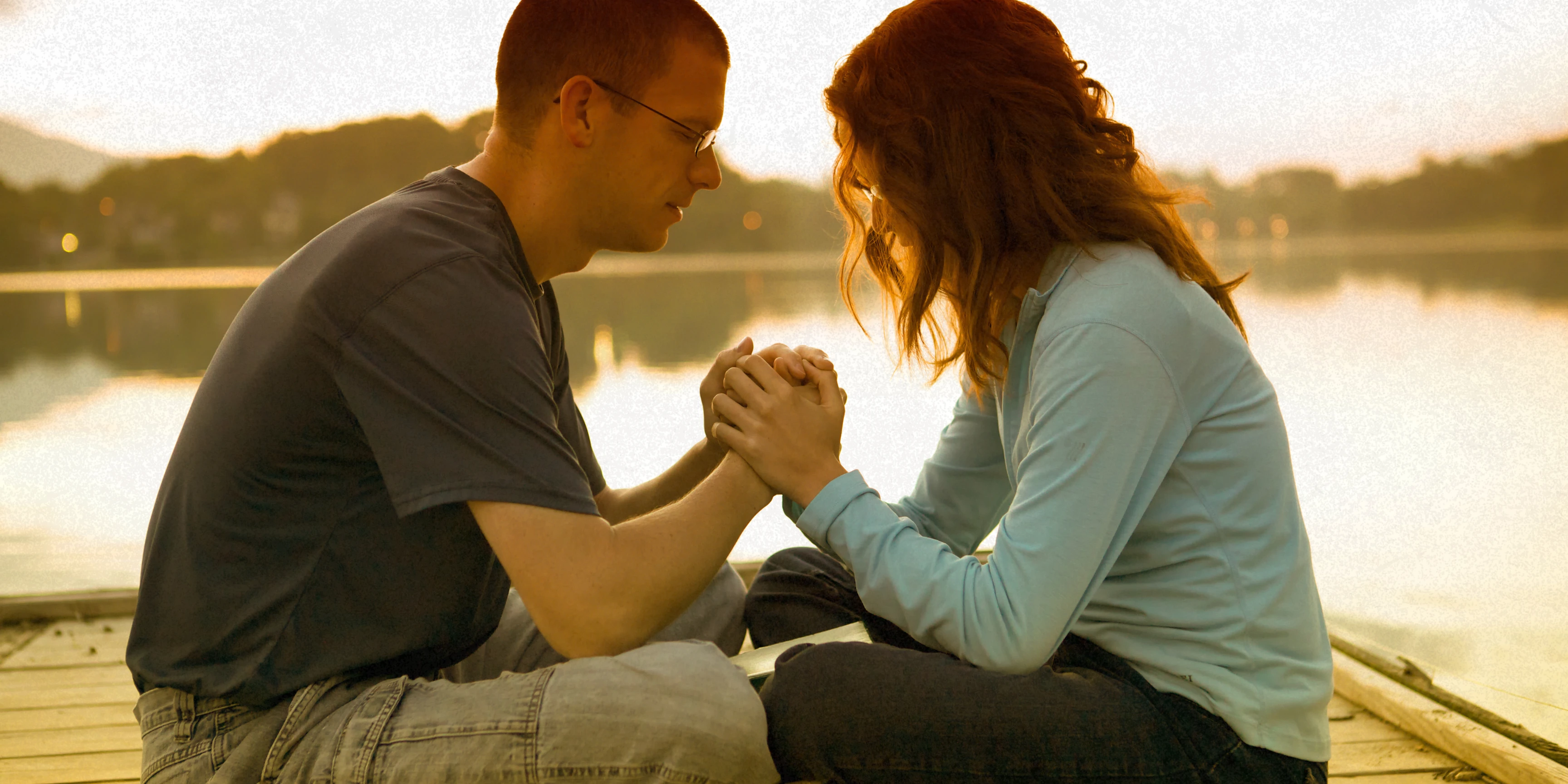It is not uncommon to become emotionally flooded during conflict with a partner. Without steps to respond to it, emotional injuries can occur. Developing a ritual with your partner around flooding can provide a reliable way to navigate these challenging moments.
Develop a Ritual
Consider the following steps to plan with your partner while both of you are calm and not in conflict:
- Provide a stop signal: Discuss a stop signal when you're in a neutral or positive state. Avoid bringing this up during conflict.
- Stop all interaction when the signal is given. Even if one partner wants to continue, it's best to halt the conversation to avoid further emotional damage.
- Separate for 20-30 minutes to self-soothe. Establish a check-in time—whether in 30 minutes, 2 hours, or at dinner. This ensures both partners understand the conversation will continue, and it validates feelings that need revisiting.
- Practice self-soothing: Engage in activities that effectively distract you and help you return to a calm state. This might include:
- Meditation
- Progressive muscle relaxation
- Body scans
- Walking, running, reading, or playing a game.
- Re-engage and repair: If the conversation is not revisited, unresolved issues may build up over time. Re-engage with statements like “I’m sorry I got upset. Are you ready to talk?” or “I’m feeling calmer and ready to discuss. How about you?”
If neither of you are ready, set a new time to check back in. This communication reinforces the importance of the issue, acknowledges the need for space, and paves the way for a healthier discussion later.
Returning to the Conversation
Naming emotional flooding is crucial, but so is processing conflict or finding a resolution. Leaving an argument without clarity can lead to long-term resentment. Consider couples therapy to process past fights or carefully create a ritual that ensures both partners feel cared for, even when emotions run high.
As an Amazon Associate, I earn from qualifying purchases.



